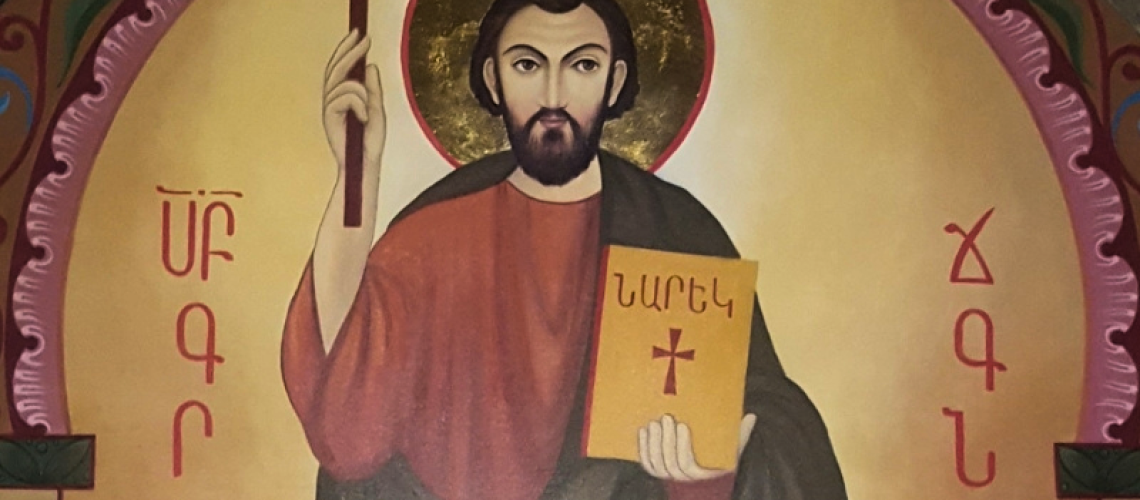Grant me life, compassionate one. Hear me, merciful one. Show favor, forgiving one. Save, forbearing one. Defend, protector. Be benevolent, mighty one. Deliver, omnipotent one. Revive, restorer. Raise up again, astounding one. Enlighten, heavenly one. Heal, resourceful one. Grant pardon, inscrutable one. Reward with gifts, generous one. Adorn with grace, affable one. Reconcile, immaculate one. Accept, charitable one. Wipe away transgressions, blessed one.
Thus, on the agonizing day, when I stare at the abyss on either side. I may also catch sight of your salvation, my hope and guardian. When I lift up my eyes to look at the most confounding, frightening path, may your angel of peace meet me kindly.
Show me, Lord, on the day of my breath’s departure, that pure spirit ascending with light to the happy ones in heaven, arriving there with gifts of your love. May you appoint me to the company of the departed righteous. May you grant me an unexpected kindness on the day of despair evil though I am.
Far be it from you, lauded one, who are the salvation of all, to designate a cruel beast as a travelling companion to lead me, your sick sheep now dead in sin; rather, grant incorrupt life, salvation to me, who am devastated by transgressions.
Will you, my expectation, possibly forget your being benevolent?
Will you, caring one, neglect your being compassionate?
Will you, immutable one, alter your love for humankind?
Wil you, everlasting one, withdraw your life-giving?
Will you abandon the pleasant fruit of your mercy?
Will you mar the gracious flower of your kindness?
Will you dishonor the stately substance of your bounty?
Will you discard the fittingly pleasant splendor of your crown?
St. Gregory Narek is a tenth-century Oriental Orthodox Church father from the Armenian Apostolic Church. Recently, he has been declared a doctor of the Catholic Church. He is the only non-Catholic doctor of the Catholic Church. His poems, prayers, and theological treatises position themselves within the larger mystical tradition of Christianity.

